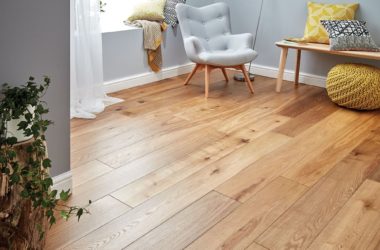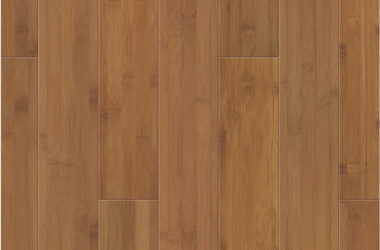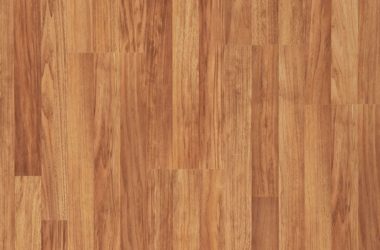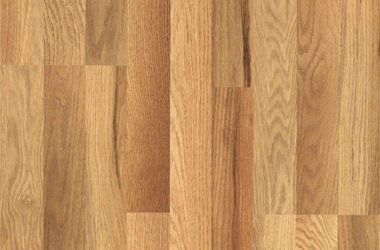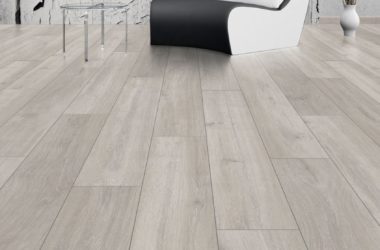Homeowners considering putting in Richmond granite countertops may also be concerned about having this type of material in their homes due to some of their potential risks for absorbing germs and bacteria.
But here’s the thing to keep in mind, not all granite countertops are the same and you may not be required to take certain precautions with every type of granite out there. The reason being that some granite types are more dense and less porous than others so you will need to take different approaches to sealing and cleaning granite countertops.
So what potential concerns do black granite countertops pose and what precautions, if any, need to be taken before this material is installed into your home?
Cleaning Black Granite

Most natural stone will need to be cleaned with gentle solutions that won’t impact the surface in any detrimental way. For black granite, you only need to use some acetone or a denatured alcohol to wipe the surface clean.
Be sure not to use any abrasive pads to do the work, instead go with a soft cloth or pad that won’t scratch the surface of the stone. The acetone or denatured alcohol will be effective in eliminating any dirt, grime, and other bacteria that might be lurking.
If you’d rather not use these materials to clean your natural stone surface, there are a variety of specially formulated cleansers on the market that are mild enough for use on your black granite countertop.
This cleaning will also prep the granite surface for complete and total absorption of the sealant you ultimately use to complete the project.
Sealing Black Granite

The thing about sealing black granite is that you may not actually need to do it. Considering all the various types of granite available for use in homes, black granite is among the most dense and it has natural properties for resisting stains.
Due to its density, the granite surface is not very porous and so it won’t absorb germs and bacteria through liquids and other substances as readily as other granite countertops. That also means it may not suitably soak in the sealant either. Successful sealing of granite is done by allowing the sealant to get into the pores that would otherwise soak in the germs and bacteria from foods.
But when those have been sealed off, the surface is entirely safe from absorption of food-borne bacterial liquids.
However, just to be sure, perform the water test on your granite first. This is a common indicator of whether or not your granite is in need of a sealant. It’s pretty simple to do, you spill some water on the stone surface and wait and watch. If the water is sucked into the granite, then you need to seal your countertop. If not, then you’re all set. This is important because applying a sealant to granite that does not need it can actually mar the appearance.
So be very careful about determining if your black granite isn’t dense enough so as to keep it from absorbing germs.

